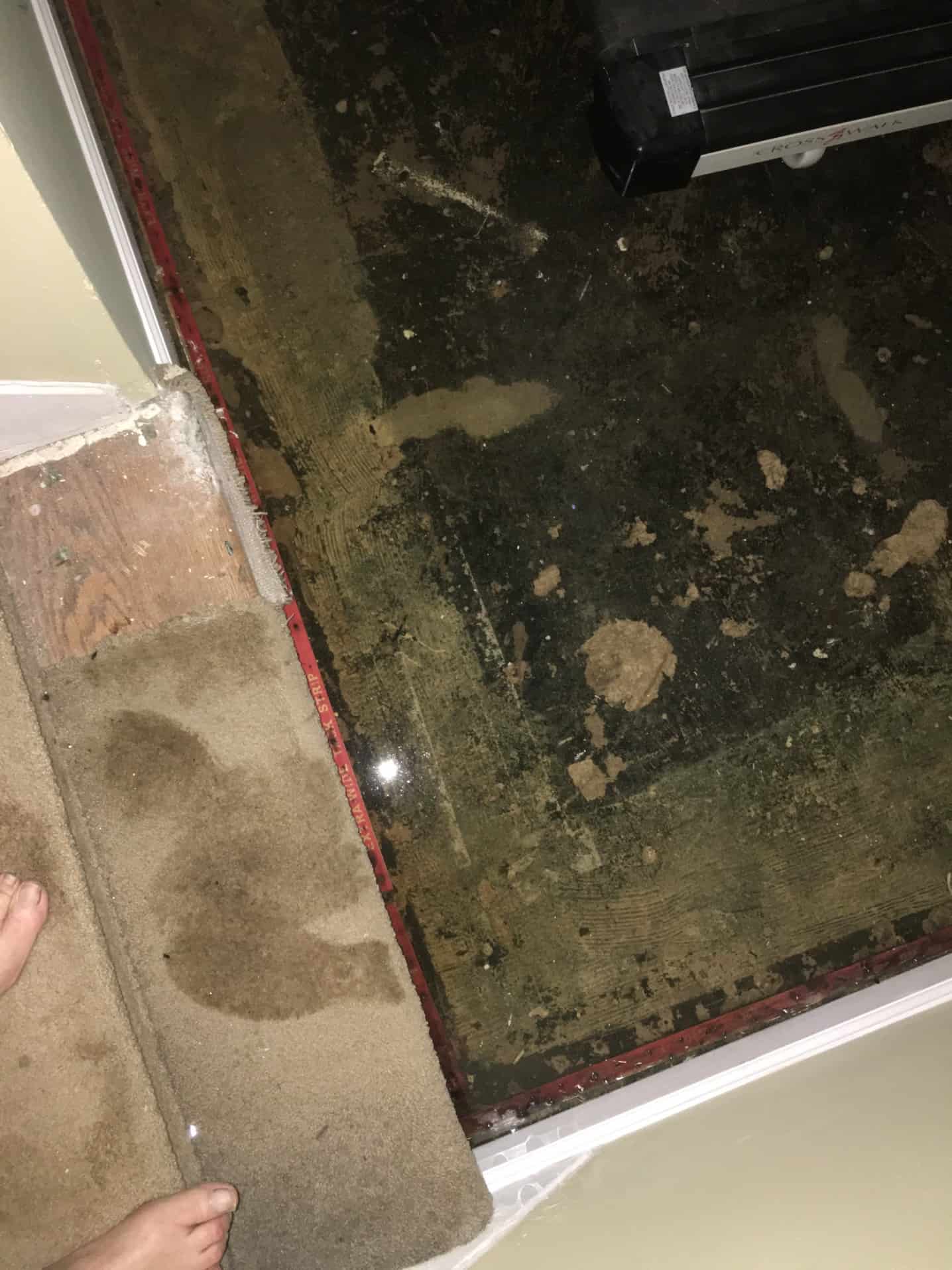Standing Water? Standing IN Water? Call now.
If your building is flooded, stop reading and call us!
If you’ve had previous damage from water and it’s less of an emergency, you can call us or contact us by email.



Your Property's Foundation & Water Damage

Many property owners throughout Southeastern Wisconsin think of their foundation as massive, solid, and largely indestructible. This is, after all, the basic “superstructure” of any property, holding everything else, protected by the soil around it, and never being exposed to the elements.
However, the truth is that the foundation, just like any element of a residential or commercial property, can become damaged given enough time or the right conditions. Water can do this, and when it happens, it can be costly to address. Here are some of the vulnerabilities unique to foundations that you need to be aware of.
Not Waterproof
People assume that a foundation, especially if it is made of concrete, is waterproof. However, just because a foundation is made of a harder material, that doesn’t automatically guarantee it is waterproof. Unless a waterproofing treatment process has been budgeted into the construction of the foundation, in a lot of cases, a foundation is not invulnerable to water penetration.
Concrete is a porous substance, which means that it has spaces to admit water. This isn’t typically a significant issue, but if cracks or holes appear in the foundation, then water penetrates much more easily, eventually making its way into the building itself. Numerous waterproofing techniques can be applied to a foundation, but, as you might imagine, these are easier to implement when the foundation is being built. Once a building is complete, many foundation processes require digging the soil up to regain access to the foundation itself.
Non Structural Damage
In some cases, the porousness of the concrete or seams or gap joints in the concrete means that even if there is no structural defect in the foundation, water is still managing to find ways in. This can be exacerbated by neglect in other areas of a building, such as failing to keep gutters or drains clear, allowing water rainfall to drip down the side of the building and make direct contact with the foundation.
This type of water damage can be avoided by either investing in waterproofing of the foundation after the fact or taking more preventive measures. Regularly inspecting drains and gutters, while more tedious, is less drastic and expensive than regaining access to the foundation for repairs.
Structural Damage
In other cases, the foundation itself is more vulnerable to breaks or flaws that have appeared in the structure. This can happen for several reasons. Moisture in the ground may not directly impact the foundation, but it affects the soil that surrounds the foundation. Over the years, as soil shifts due to expansion and contraction of moisture during different seasons, this shift puts pressure on the foundation.
Visibly, this can manifest as cracks in the pavement leading up to the home, crooked stairs or doorways as the house’s walls tilt in different directions, and, unfortunately, gaps or cracks in the foundation admit water.
Basement Water Damage Repair
If you have water damage in your basement, we can help. Emergency Restoration Specialists have over 30 years of experience serving the entire Milwaukee area. Contact us 24/7 for a prompt, professional response.



